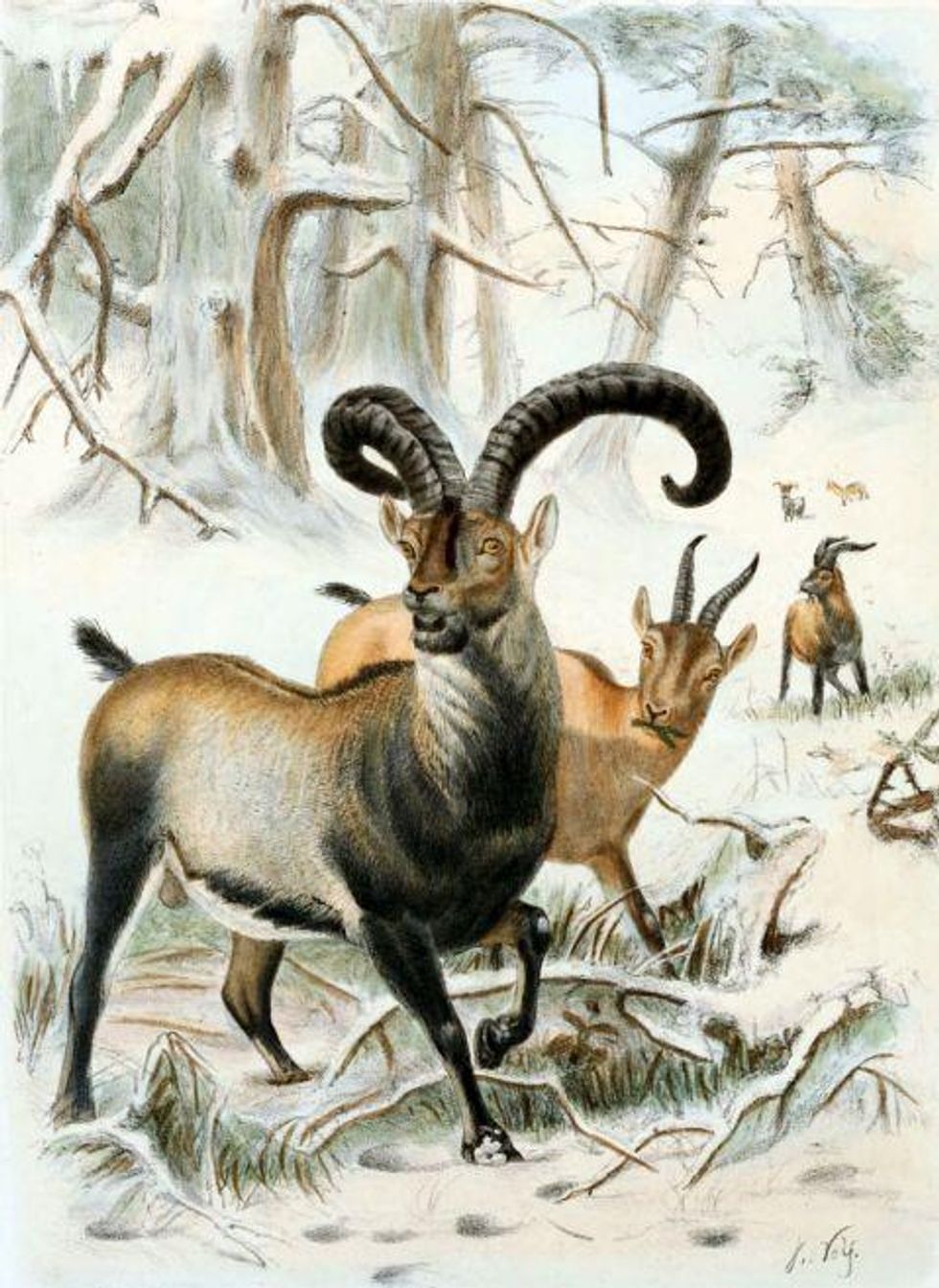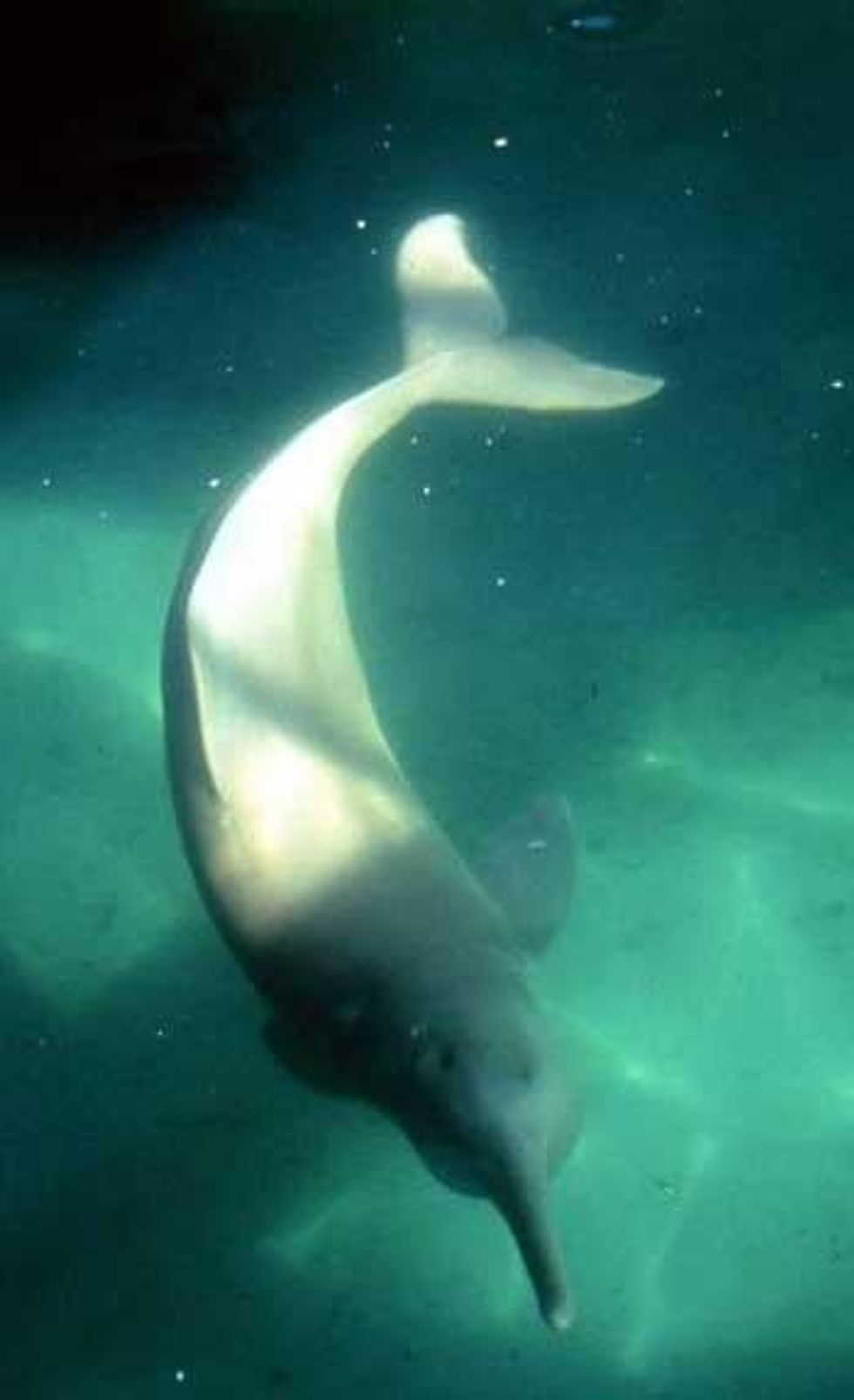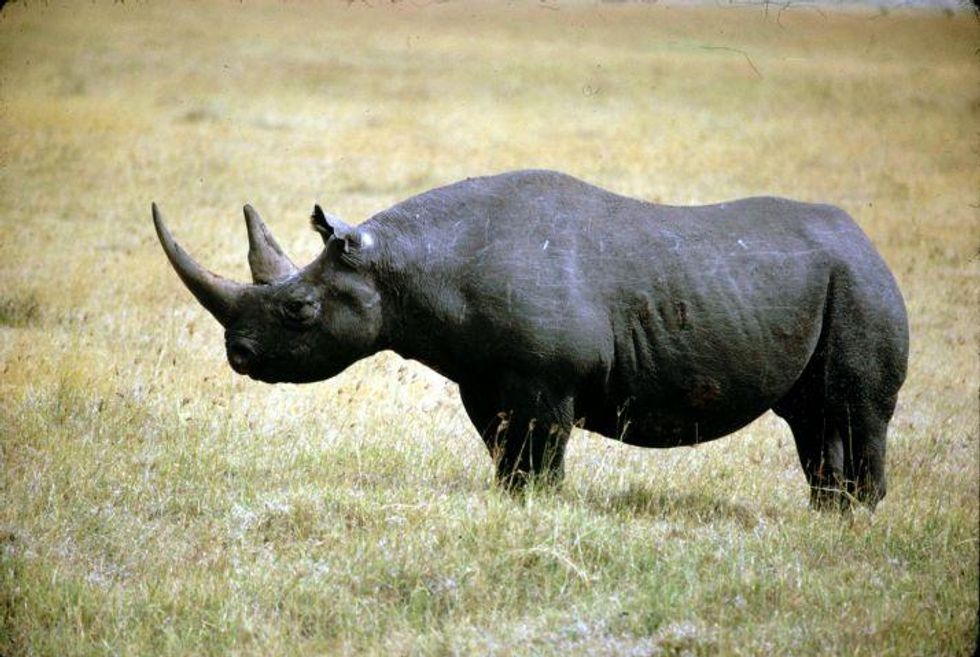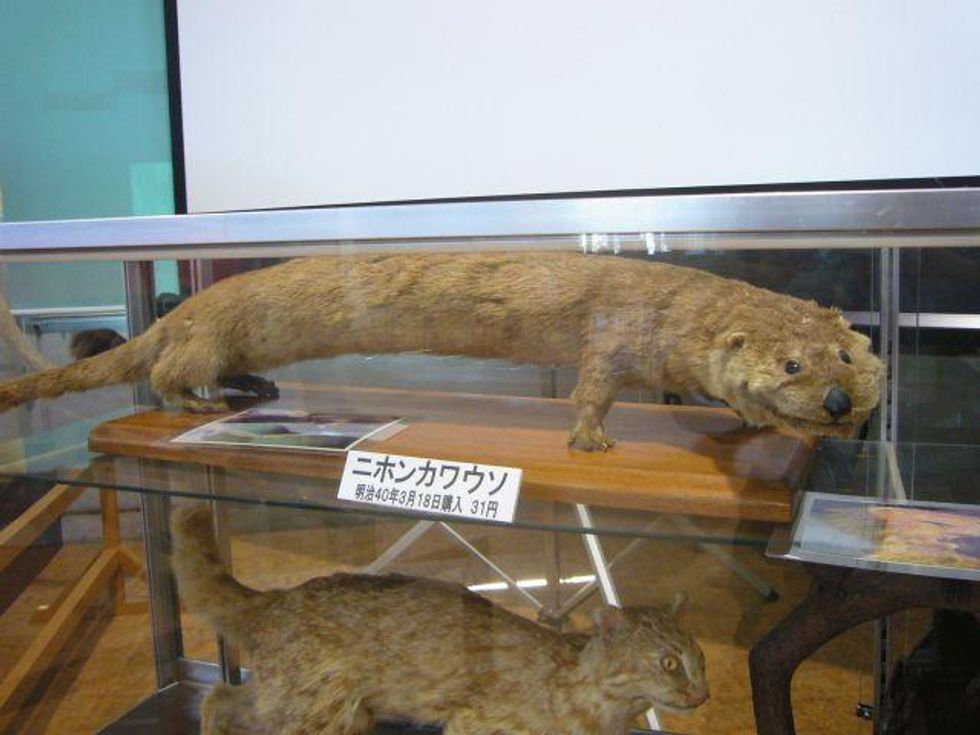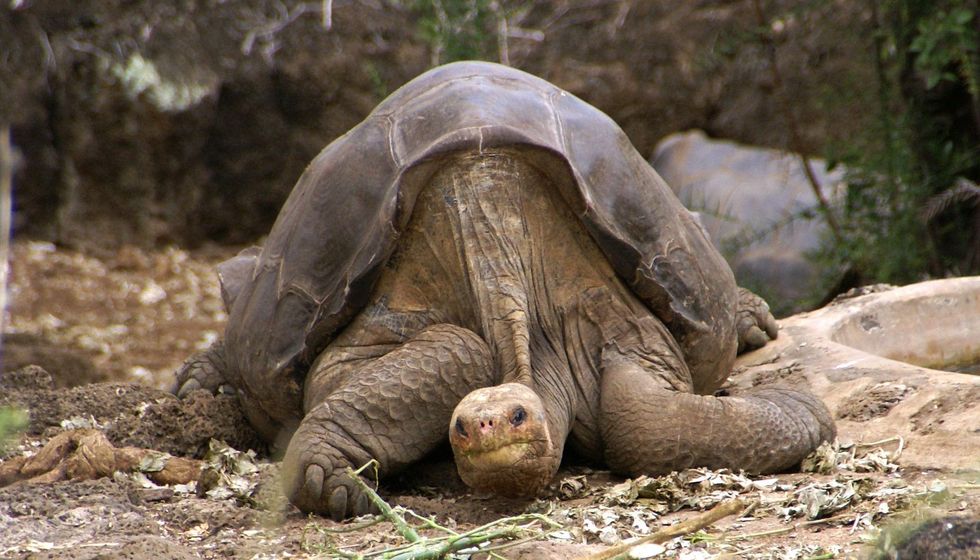News
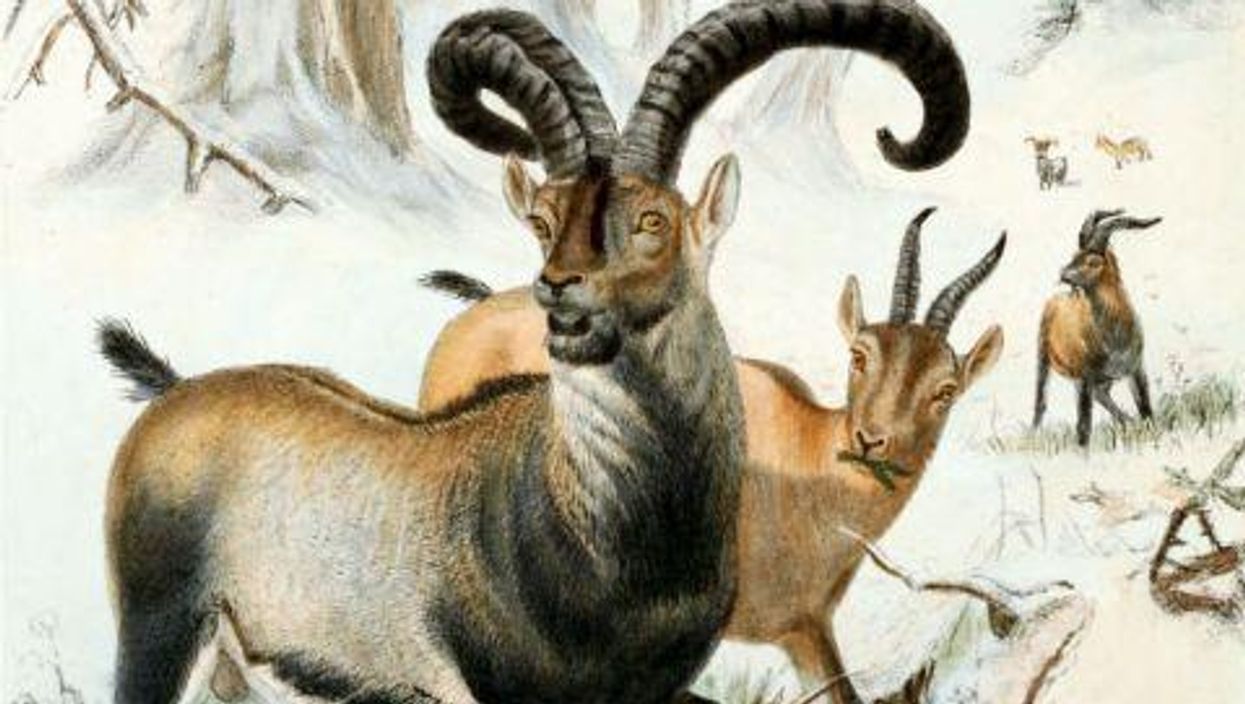
Humans are turning the world into a “lonely planet” depleted of its rich biodiversity, and there could soon come a point when the mass extinction of species turns into an irreversible spiral of decline, according to a leading ecologist.
Professor Ed Wilson, an authority on biodiversity at Harvard University, said that the extinction rate of species is running at between 100 and 1,000 times higher than in pre-human times and that we are on course to lose half of all animals and plants by the end of the century.
“We’re making a lonely planet. More than that, if we continue to destroy the biosphere it becomes a very dangerous planet,” professor Wilson told the Independent on a recent visit to Britain.
“If you wiped out enough species, all of those say in South America, then that may be a tipping point where you get enough changes globally to begin a downward spiral,” professor Wilson said.
“You can rehabilitate a damaged habitat to some extent, but you can’t do that if you have gotten rid of species. We would lose them forever, and I think that would be a tipping point in human existence,” he added. During his visit to the UK, professor Wilson, 85, broke the ground on a £30m construction project on the Isle of Portland on the south coast of England to commemorate the 460 species that are known to have gone extinct in the past 500 years, from the dodo to the Tasmanian devil.
Five animals that are recently extinct
2000: Pyrenean ibex, southern France and northern Spain Celia, the last of this mountain-dwelling species, was found dead beneath a fallen tree in a Spanish national park in 2000.
2007: Baiji dolphin, China This freshwater mammal, also known as the Yangtze River dolphin, was declared extinct by scientists in 2007. As recently as the 1950s it was thought that thousands swam in Asia’s largest river.
2007: Western black rhinoceros, west Africa The eradication of this species was seen as a sign of things to come by scientists, who warned of the impact of the rhino horn trade when it was declared extinct in 2007.
2012: Japanese river otter After not being seen for more than 30 years, the Ministry of the Environment in Tokyo officially declared this once widespread species extinct in 2012.
2012: Pinta Island tortoise, Galapagos Islands The death of “Lonesome George”, the last Pinta Island tortoise, picked up column inches across the globe when he passed away in 2012. Native to the Galapagos Islands, they were wiped out by over-hunting.
More: These are the 10 countries most at threat from climate change
Top 100
The Conversation (0)
